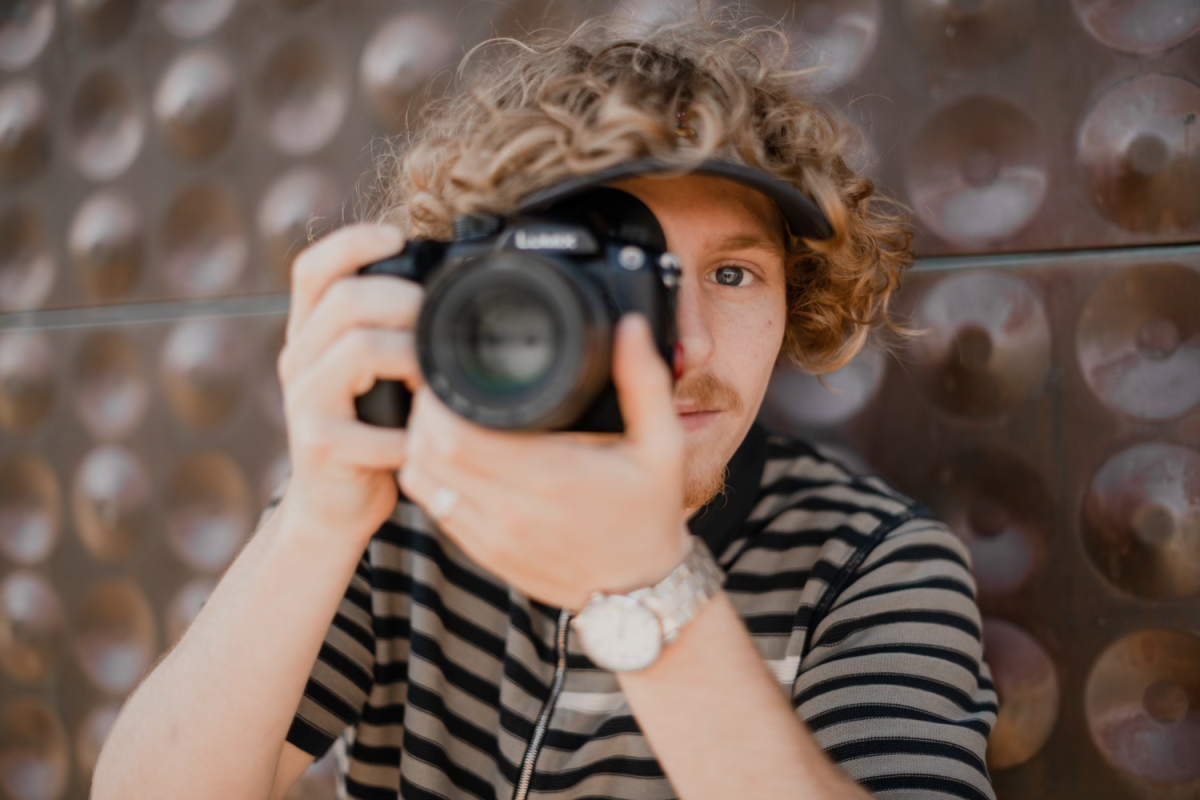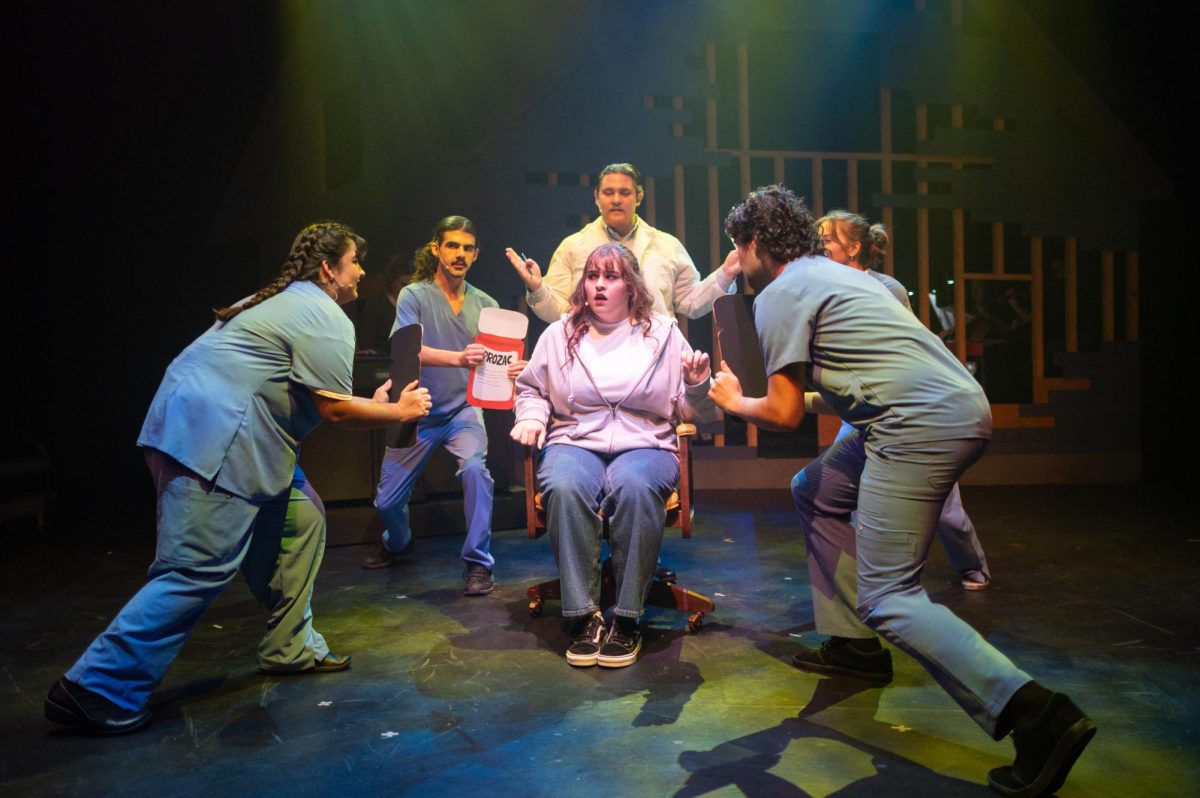The room was silent as the request was posed: “I’d like you to stand if you know of someone close to you who has experienced sexual assault.”
The students in the room looked around at each other in horror as most of them stood up.
“Now, I want you to stay standing if you know that person reported their assault.”
All but three people sat back down.
Sexual assault survivor, public speaker and activist Brittany Piper brought these uncomfortable conversations to Chico State on Thursday. Ten years after the assault that altered her life, she refuses to stay silent on the sensitive issues of consent, rape culture, bystander intervention and trauma.
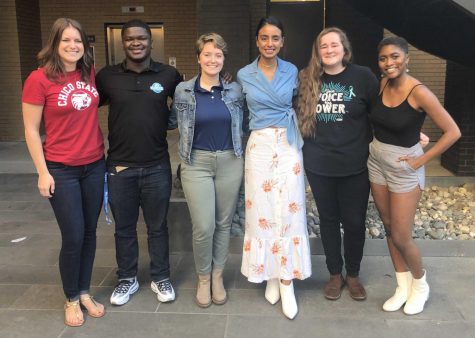
Piper pointed out that approximately 1 in 4 of the women in the room and 1 in 6 of the men have already experienced some form of sexual assault, even before college. These statistics are a haunting reminder of how pervasive sexual assault has become in our lives and cultures, and how desensitized we’ve become.
Mainstream shows like “Breaking Bad” and “Game of Thrones” often expose their viewers to triggering scenes that include rape and sexual assault. This normalizes rape and, Piper said, contributes to rape culture.
“Rape culture tells us we are living in a time where sexual assault is not only expected or normalized, but the perpetrators are getting away with it,” Piper said. “They have this mentality that what they do is okay.”
Piper broke down what consent means and how to know when a sexual encounter is consensual between all parties involved. She also debunked myths about sexual assault that society has misconceptions.
“The media does a good job at making us believe that sexual assault is always a stranger down a dark alley,” Piper said. “That is typically not the case. It’s actually a very rare occurrence. Sexual assault is usually committed by somebody you know, possibly by somebody you’ve already engaged with sexually.”
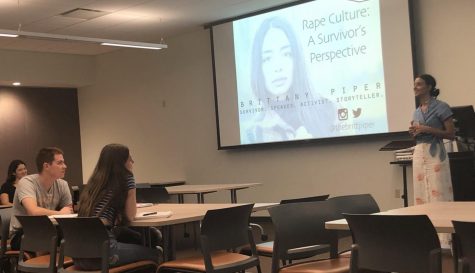
Near the end of her presentation, she showed a newscast clip about a sexual assault case that had sent the perpetrator to prison for 60 years. An anonymous survivor spoke to the news team about how the man brutally beat and raped her after offering to change her flat tire at a gas station, and how she would do anything for justice.
Piper revealed that the woman in the interview was her, but was uncomfortable with being hailed as “the survivor that refused to be broken” by media.
“What people didn’t know is that I was seriously struggling behind closed doors,” Piper said. “But I felt like I had to put on this brave face because my case was incredibly publicized and I had to pretend to have it all together.”
Following the assault, Piper dealt with tremendous amounts of self-blame based on the victim-blaming surrounding her case. For the people she’s met along the way that meant well, she described the disconnect between the empathy she should have been receiving, and the sympathy she ended up getting in most situations.
As an example, she compared the reactions between her two roommates the night of her assault. She returned home with broken bones and a broken jaw and one roommate told her to go back to bed. Her other roommate heard her cries from her room and came to carry her to the hospital while her mom called her a few days later to question her decision making.
“There’s a difference between empathy and sympathy,” Piper said. “We have to get to a place where we are emphasizing with survivors, not analyzing what they did to put themselves in that situation.”
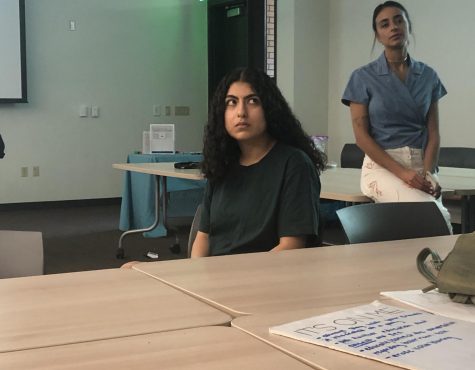
The presentation ended with attendees gathering in small groups to discuss rape culture and bystander intervention on Chico State campus.
Piper is currently touring the United States to jumpstart these conversations and educate as many people as possible. She’s available through her Instagram to talk with anybody that may be struggling or feel alone.
Rayanne Painter can be reached at [email protected] or @rayphenomenon on Twitter.





